Lots of Christian denominations try to downplay the doctrine of Hell, for obvious reasons. It seems inconsistent for a loving god to torture people for eternity, when their sins were of finite duration. Nonetheless, the Bible depicts Jesus teaching that people will be tortured in Hell for eternity. With lots and lots of fire.
One Methodist pastor has been let go because he was humane enough to question this doctrine.
A pastor at a Methodist Church in North Carolina lost his job after questioning traditional views on the nature of hell.
Chad Holtz got his walking papers after posting a note on Facebook supporting a controversial book by an evangelical preacher that rethinks hell as a place for billions of damned souls.
“I think justice comes and judgment will happen, but I don’t think that means an eternity of torment,” Holtz said. “I can understand why people in my church aren’t ready to leave that behind. It’s something I’m still grappling with myself.”
Because eternal torture is, you know, such an appealing notion.
The money quote for me comes from Alfred Mohler, discussing the book at the center of the conflict:
“I just felt like on every page he’s trying to say ‘It’s OK,'” said Southern Baptist Seminary President Albert Mohler at a forum last week on Bell’s book held at the Louisville institution. “And there’s a sense in which we desperately want to say that. But the question becomes, on what basis can we say that?“
That is a really good question: On what basis could we say that someone is, or is not, in Hell? Anyway.
Was it right for the church to oust its pastor? Usually you wouldn’t say that someone should be fired for their belief, but when their business is promoting a belief, then belief is no longer a matter of conscience; it’s a job qualification.
This kind of conflict is an inevitable consequence when these three conditions are met (and in most religions, they are all present to some degree):
1. Faith is touted as a supreme virtue
2. Uniformity of belief is considered desirable
3. Beliefs are unmoored from any empirical base
Point 3 ensures that someone will arrive at a different belief than the mainstream, since there’s no way to verify whether beliefs are true.
Point 2 ensures a conflict between believers who believe differently.
Point 1 makes it difficult to abandon beliefs blithely, so this can entail personal dramas and crises of conscience.
Compare what happens in the sciences.
1. Doubt is the modus operandi. Faith is considered an impediment, not a virtue.
2. The group eventually arrives at a consensus. This is different from groupthink, because innovation is also valued. Anyone who can topple an old established theory using evidence becomes famous.
3. The court of appeal is the world of empirical data, so conflicts can be resolved experimentally for well-defined questions.
This is how science can provide a way to answer well-defined questions, and why groups of scientists do not need to excommunicate each other or burn each other at the stake.
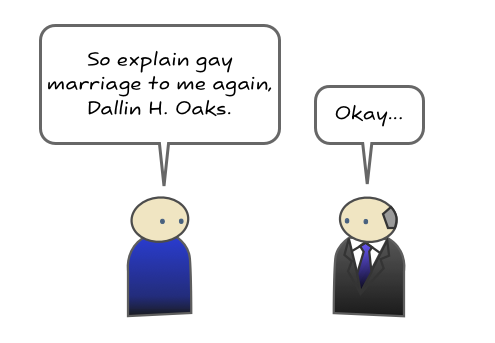


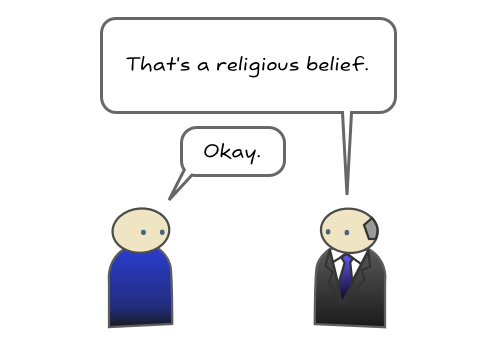
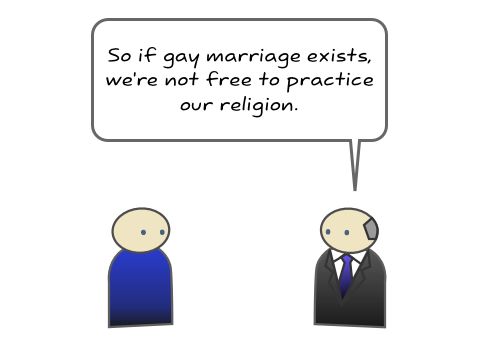
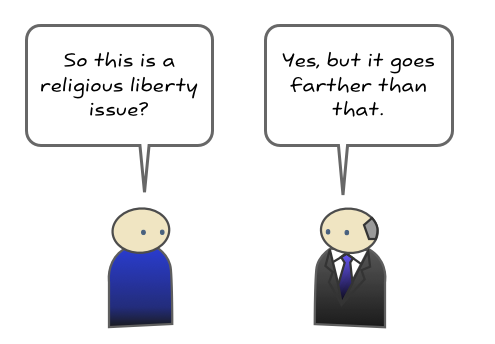



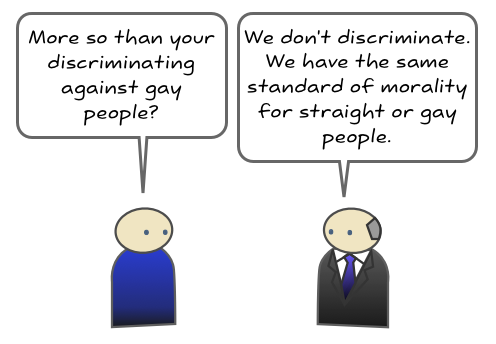


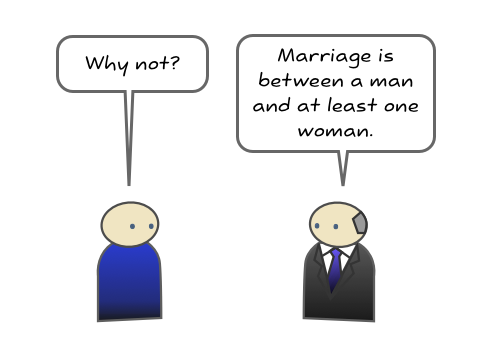


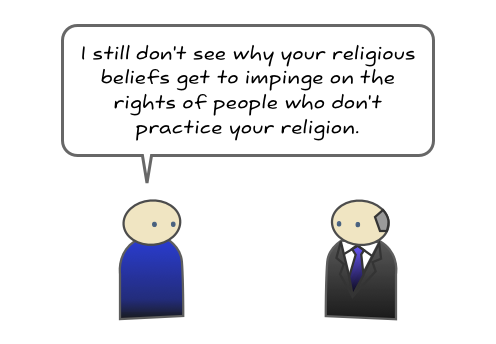
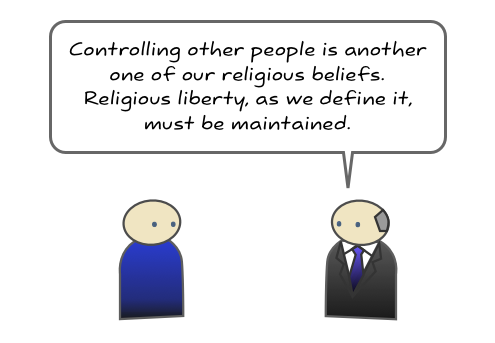


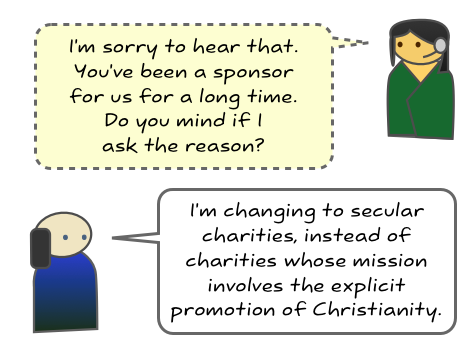









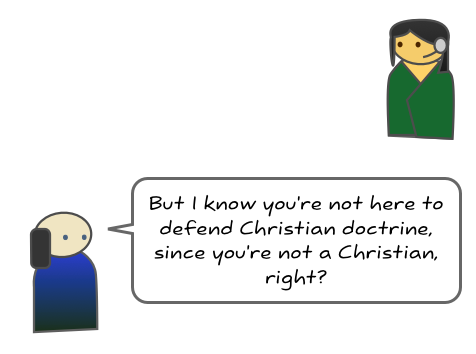


Recent Comments